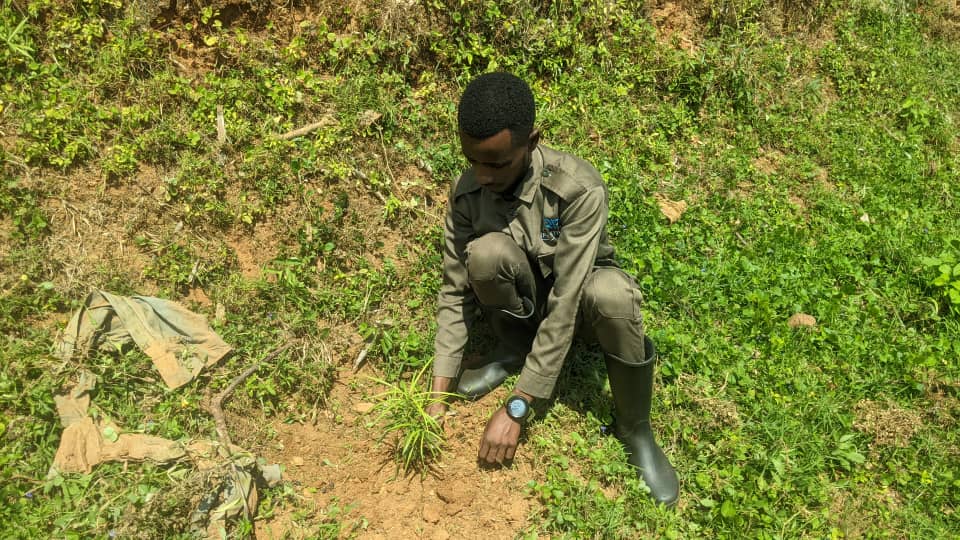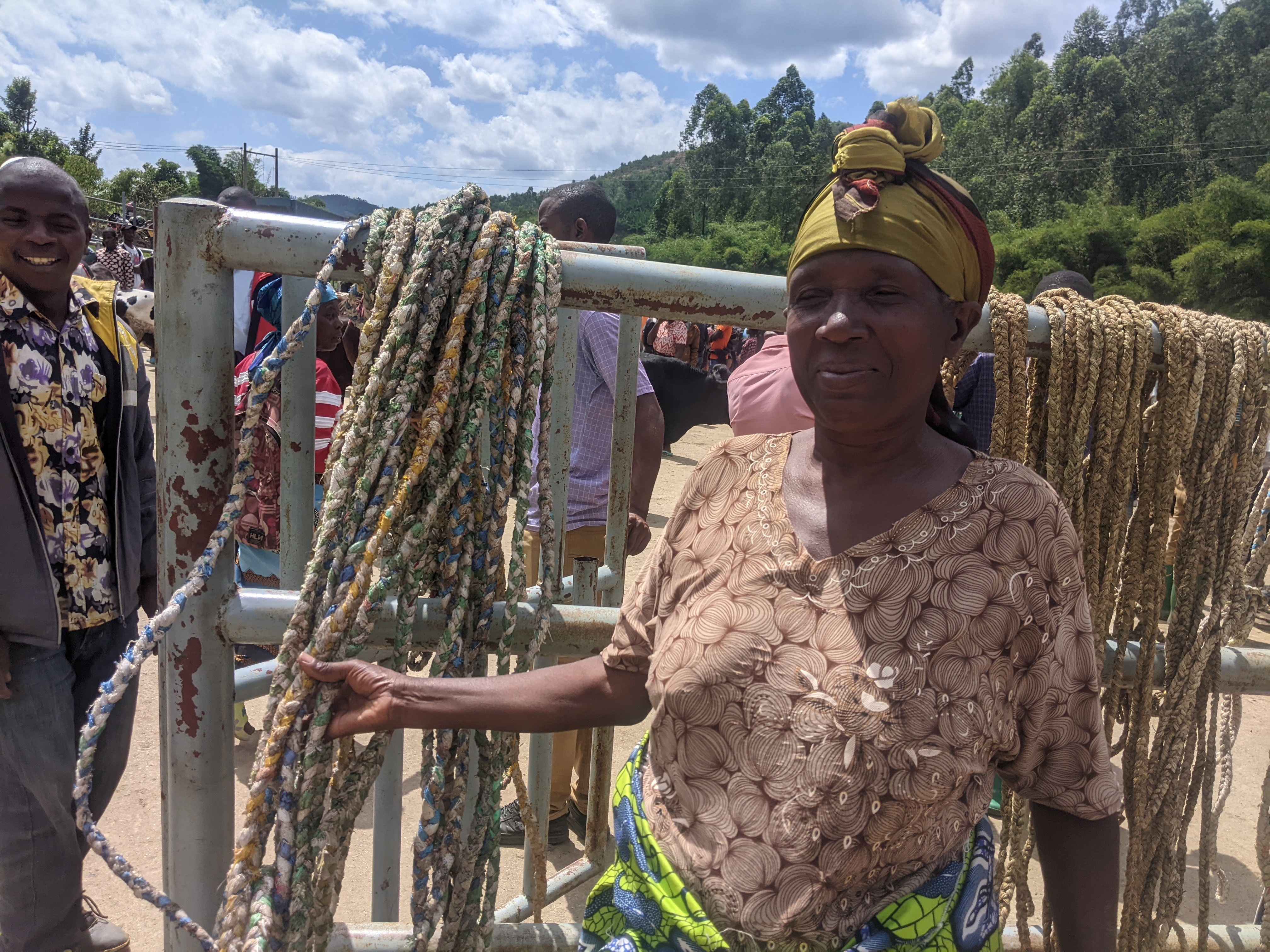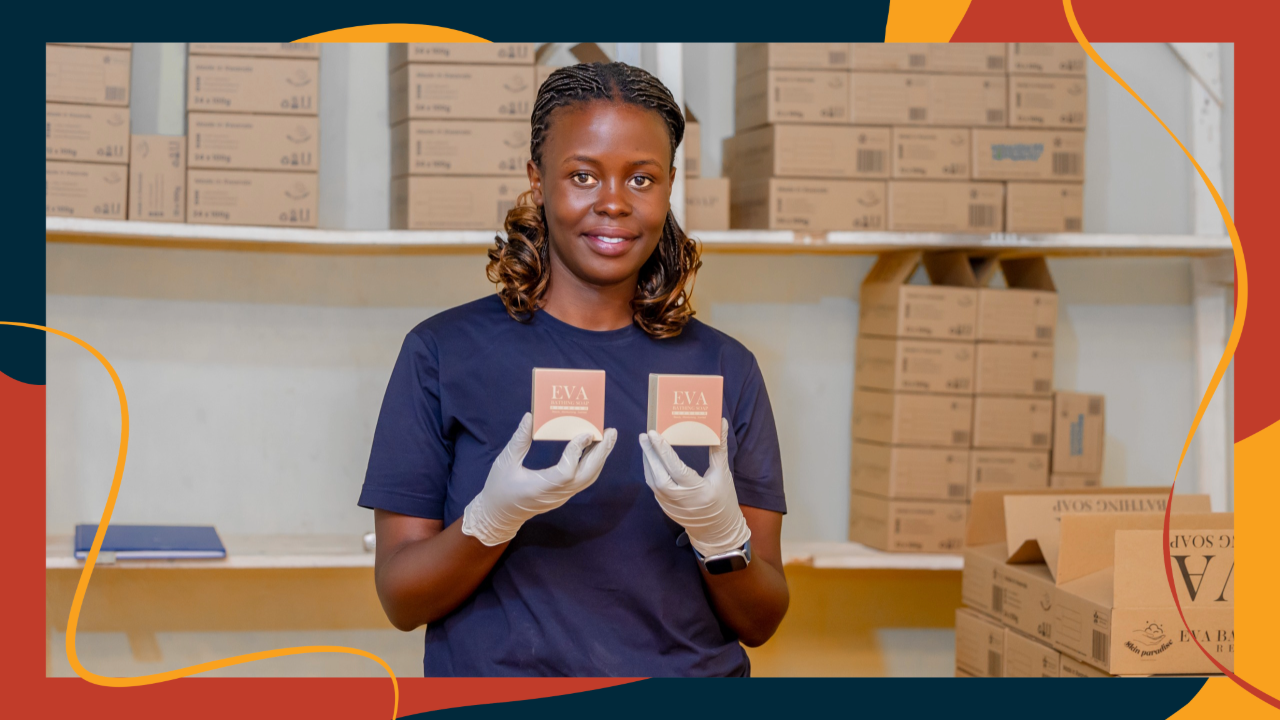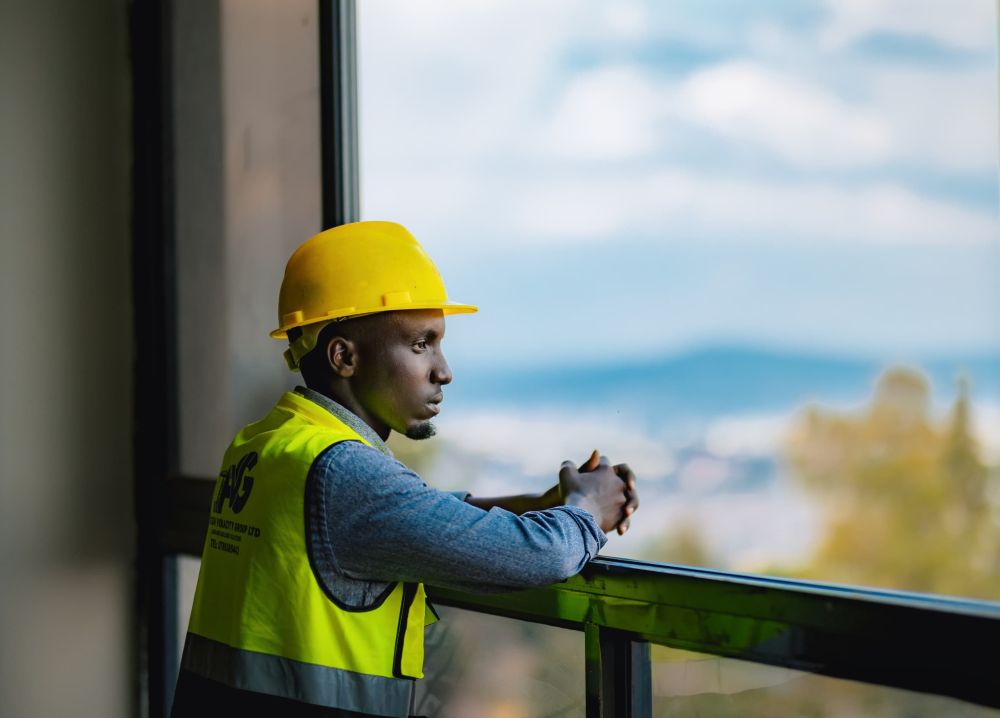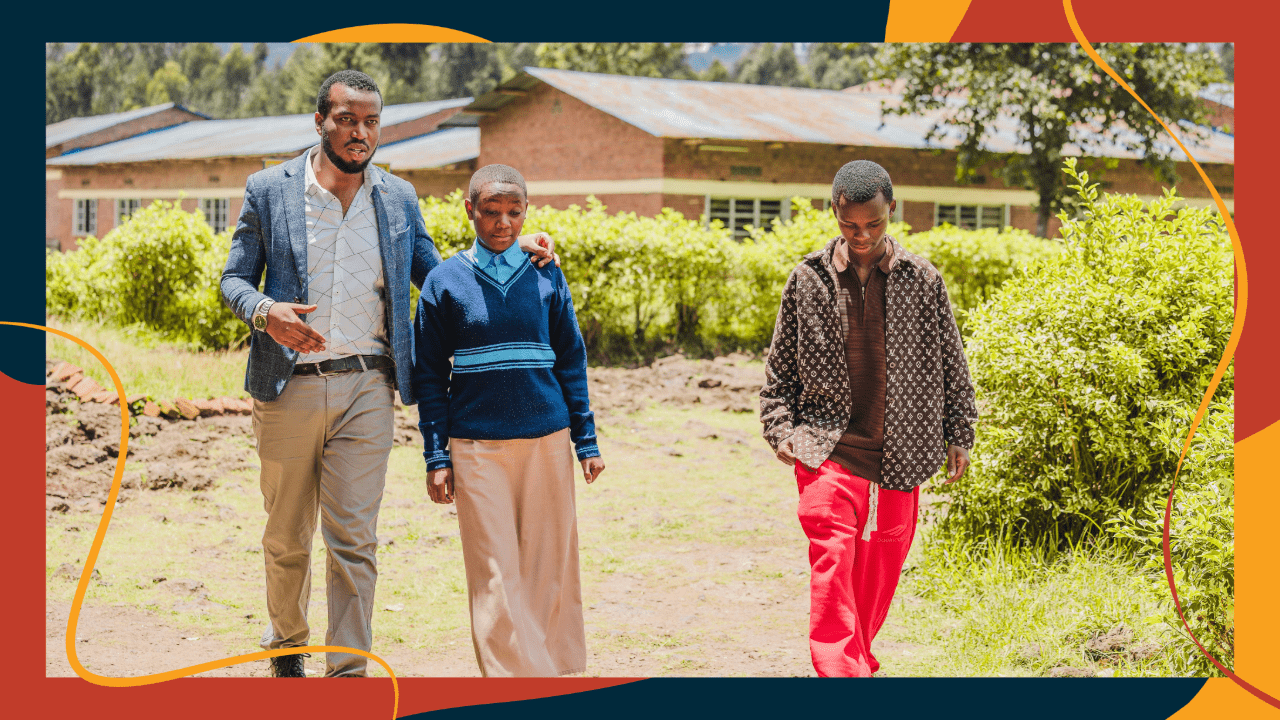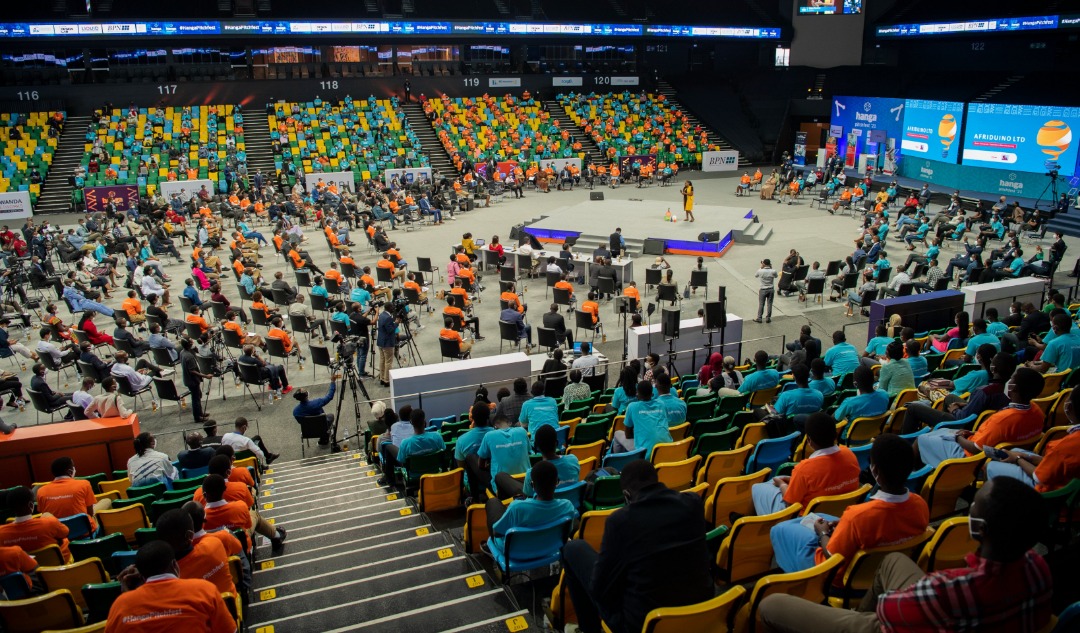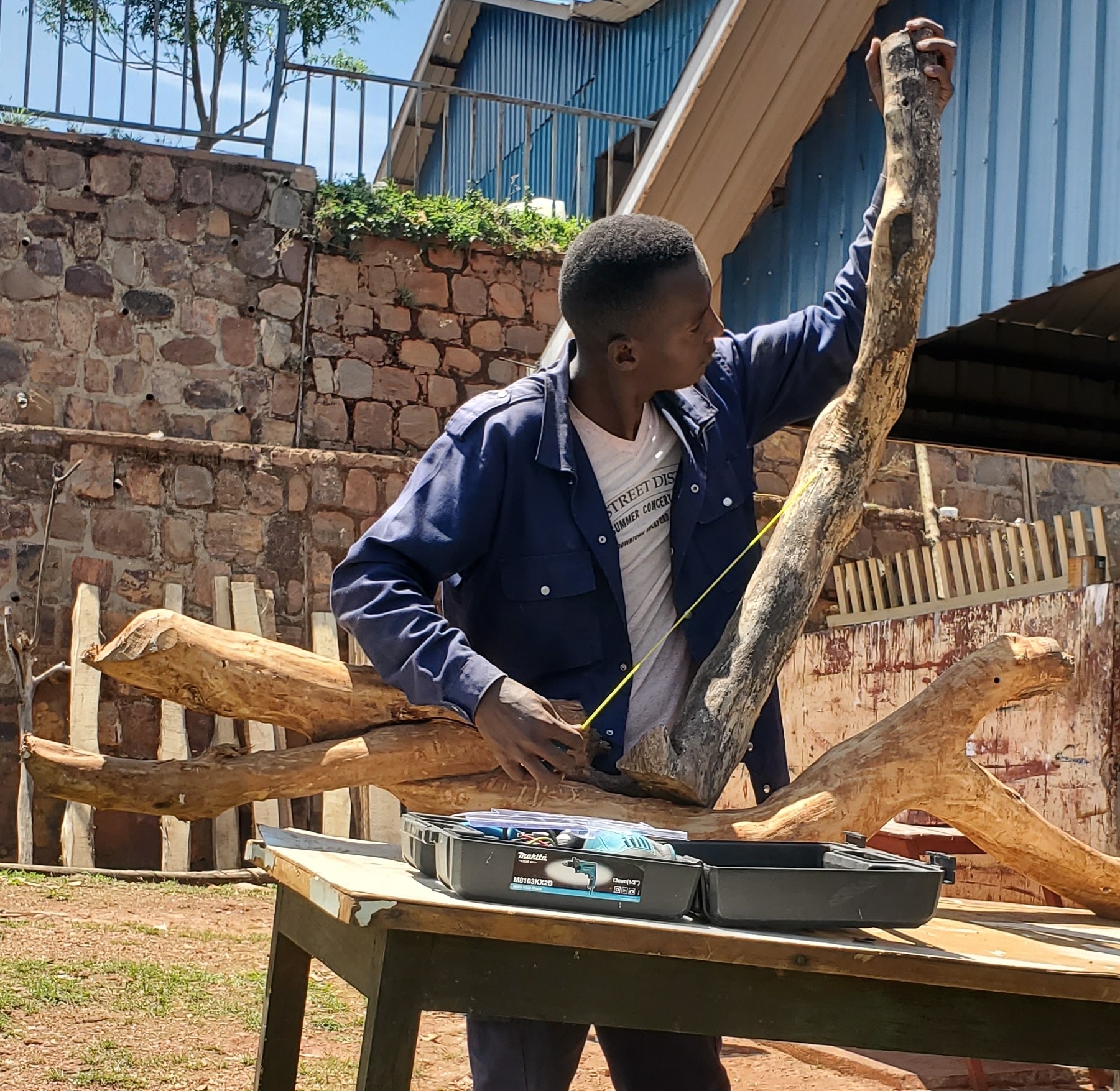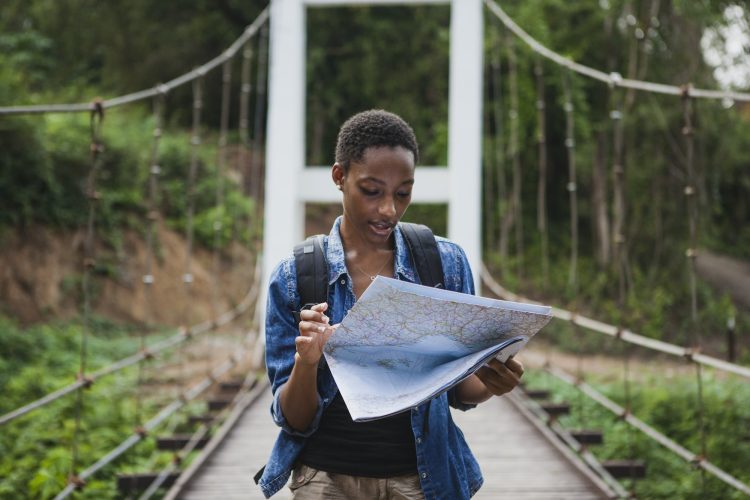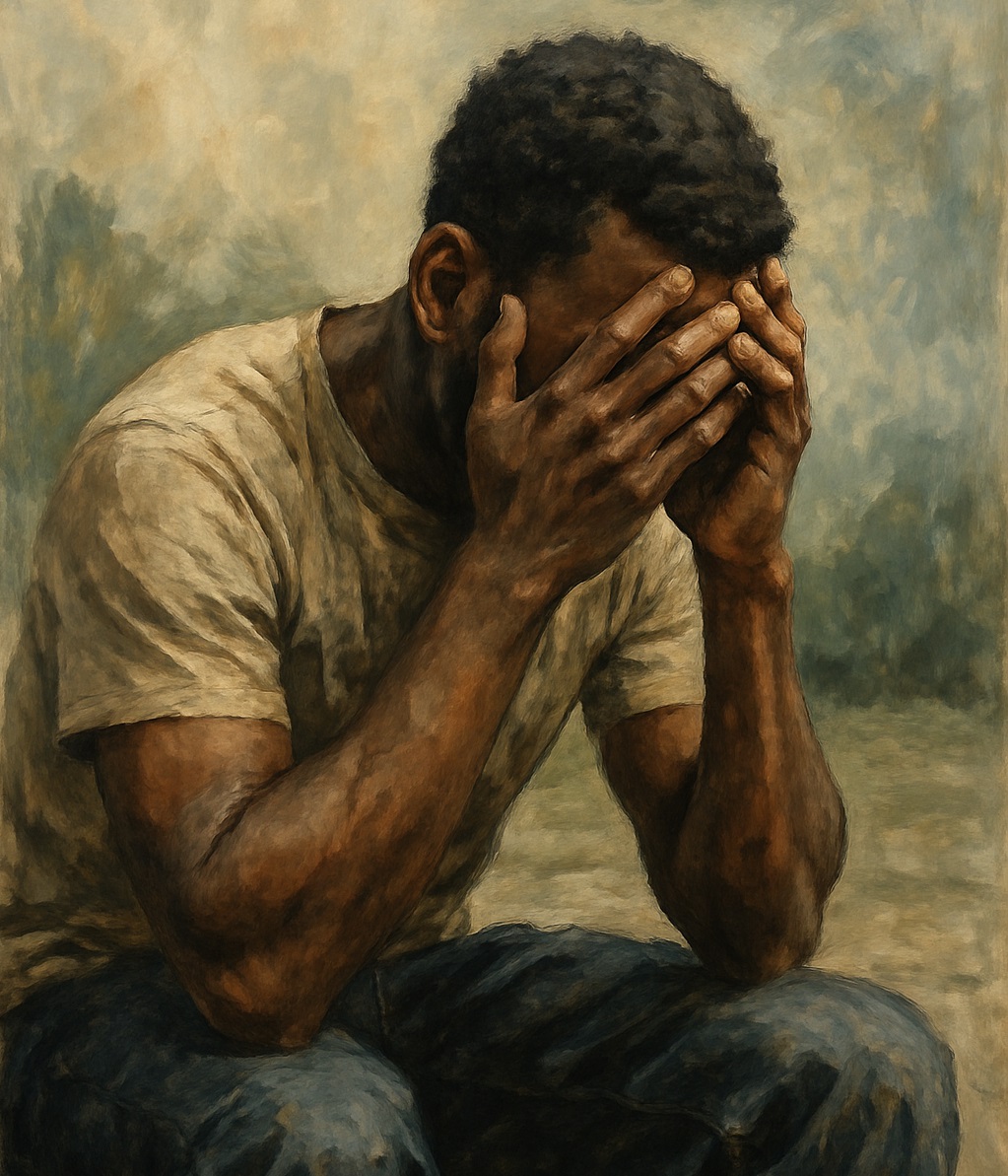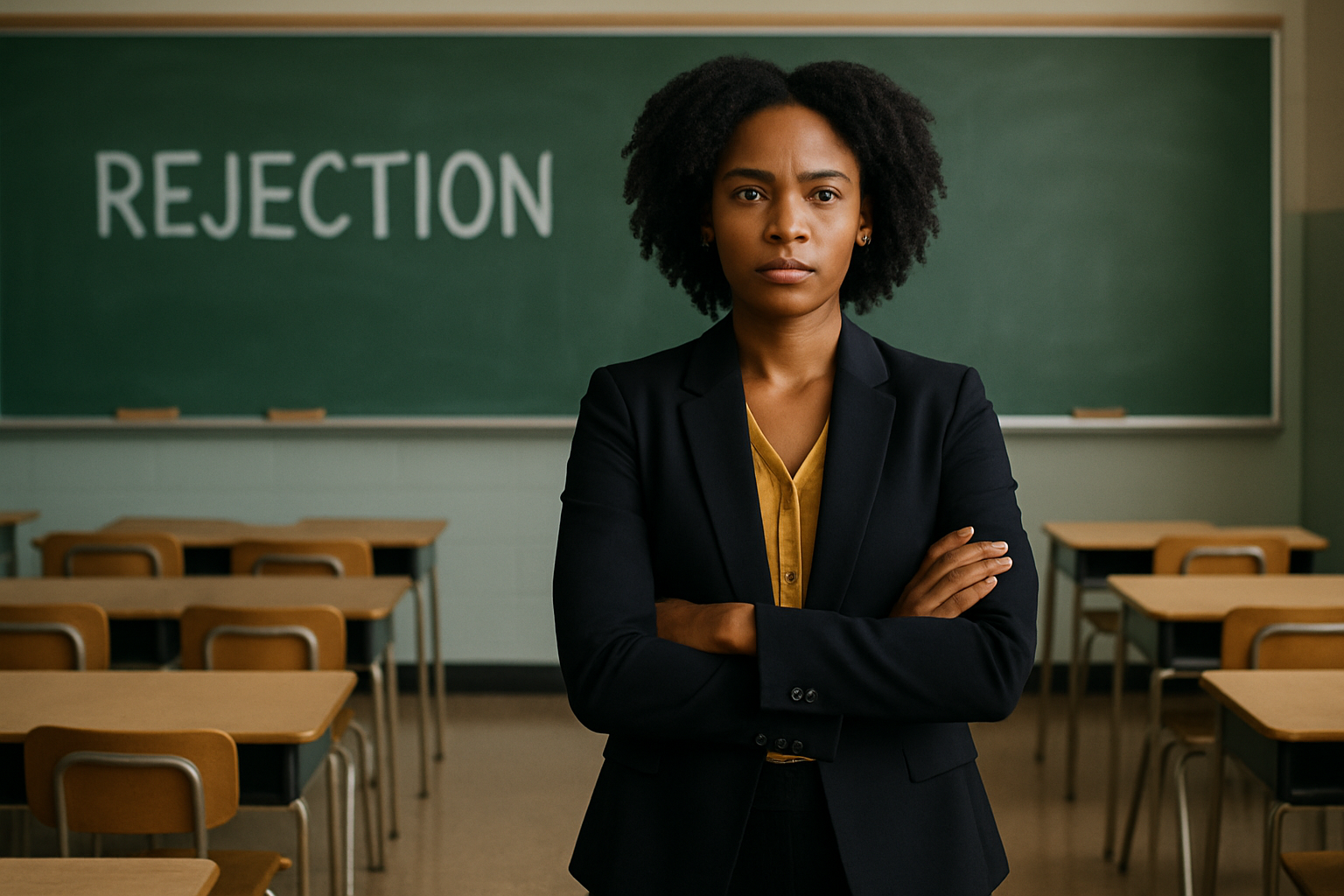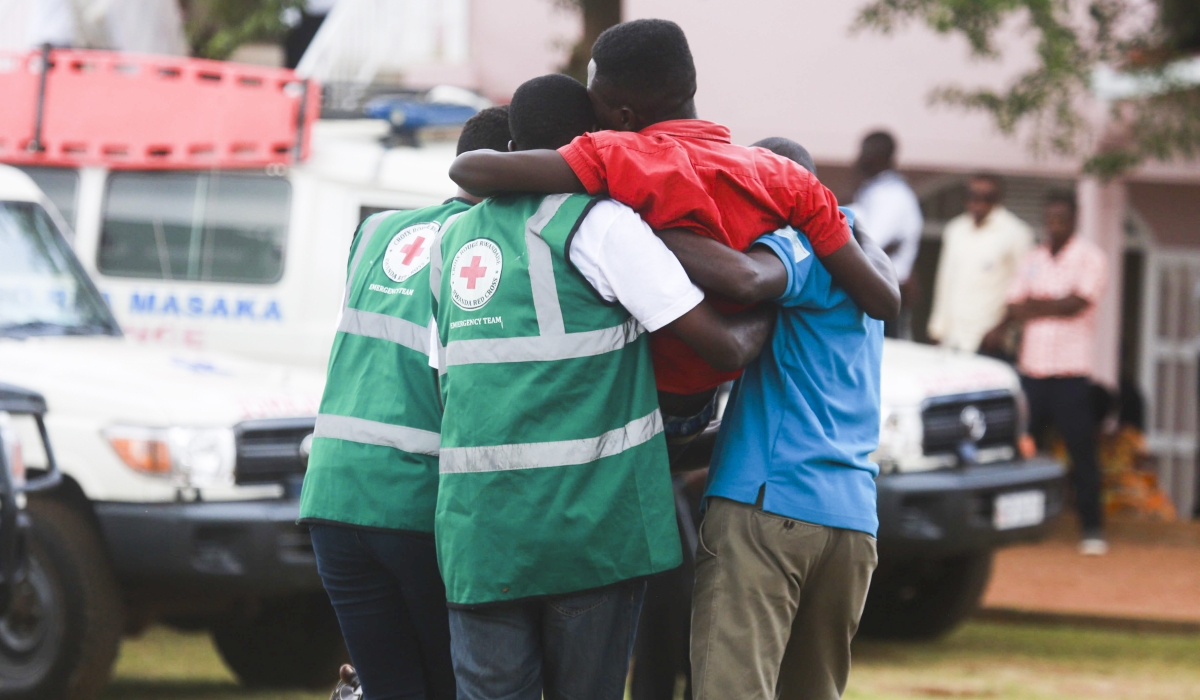On the night of May 2nd, a rain flood caused extensive damage and resulted in the loss of over 130 lives in the western province of Rwanda, with Ngororero, Nyabihu, Rubavu, Karongi, and Rutsiro being the most severely affected sectors to date.
Officials from Western Province have revealed that disasters including heavy rain that mainly affected the districts of Ngororero, Rubavu, Nyabihu, Rutsiro and Karongi on Tuesday have claimed lives of 130 people.
Among those, 27 are from Rubavu district, 26 from Rutsiro, 23 from Ngororero, 17 from Nyabihu, and 16 from Karongi. Most of the roads were closed, but the people tried to use them, machines were also used to clear damaged roads.

The rainfall continued throughout the night of the 2nd May, and more downpours are expected in Rwanda throughout the month. Meteo Rwanda had recently announced that May 2023 will be characterized by rainfall between 50 and 200 millimeters, which will be above the normal rainfall that falls in that month, in many parts of the country.
This is the most severe flooding that Rwanda has experienced since May 2020. While several factors contribute to flooding, climate change is a significant cause and has a massive impact on the intensity and frequency of rainfall.
Climate change is a complex issue that affects many parts of the world, including Rwanda. The rise in global temperatures has led to changes in weather patterns and extreme weather events, such as heavy rainfall and flooding, becoming more frequent and intense.
This has had devastating effects on communities, as seen in the recent flood that happened in the Western province of Rwanda.
Read also: You have your own problems; why should you care about climate change?

While it is clear that climate change is a significant factor in the severity of these floods, it is important to remember that it is a global issue that requires action from everyone. As young people, we can take steps to mitigate the effects of climate change and reduce our impact on the environment.
The Green Protector, a non-profit organization based in Rwanda, has taken up the mantle of raising awareness about this issue and its causes. In an interview with Ineza Grace, the CEO of The Green Protector, she highlighted some of the organization’s efforts in this regard.
Ineza explained that the organization aims to be a voice for climate change awareness by holding discussions and highlighting citizens’ voices in the country on the international level.
She stressed the importance of involving young people in these efforts, as the country has policies that encourage their active participation in matters related to the environment.
Read more: Climate change: Youth involvement is crucial

When asked about what the youth can do to prevent the consequences of climate change for our country, the environmental activist emphasized the importance of building a climate-resilient community through education and involvement.
“We can bring a climate-resilient community where we study all about climate change, how to solve the issues in the case of consequences, and involve the youth as the country has policies that encourage active participation of the youth in these matters,” she said.
Regarding how we can reduce climate change, Ineza explained that proper adaptation is the only way to minimize its effects since it cannot be reduced completely. She noted that if countries were to reduce emissions of greenhouse gases, this would have a significant impact on reducing climate change.
Read also: The green protector: Being part of the solution

Climate change is a significant issue that affects us all, and it requires action from everyone to mitigate its effects. The efforts of organizations such as The Green Protector and individuals like Ineza Grace are critical in raising awareness and encouraging action towards building a sustainable and resilient future.
The Ministry in Charge of Emergency Management, MINEMA, has announced that from March to May 20, 2023, floods have caused damage to 60 people and destroyed 1,205 houses, as well as damaging roads and bridges across the country, affecting nearly two hundred people and 44 schools.
In addition, 12 roads have been closed and 91 hectares of crops have been damaged by the rains across the country. The figures indicate that floods cost Rwanda over 200 billion Rwandan francs annually due to damages caused by them.

As climate change is global, there needs to be a united force to solve this issue. Countries should come together to fight against this global threat.
Countries must follow the various agreements put in place to prevent further damage, such as reducing carbon emissions, shifting to renewable energy sources, and developing a climate resilient economy. This is a decision young people can participate in through holding leaders accountable.
There is no planet B! As young people, we can all play a role in taking action towards a better future for ourselves and future generations.
Read also: Climate Action: What it is, impacts and how to counter it




